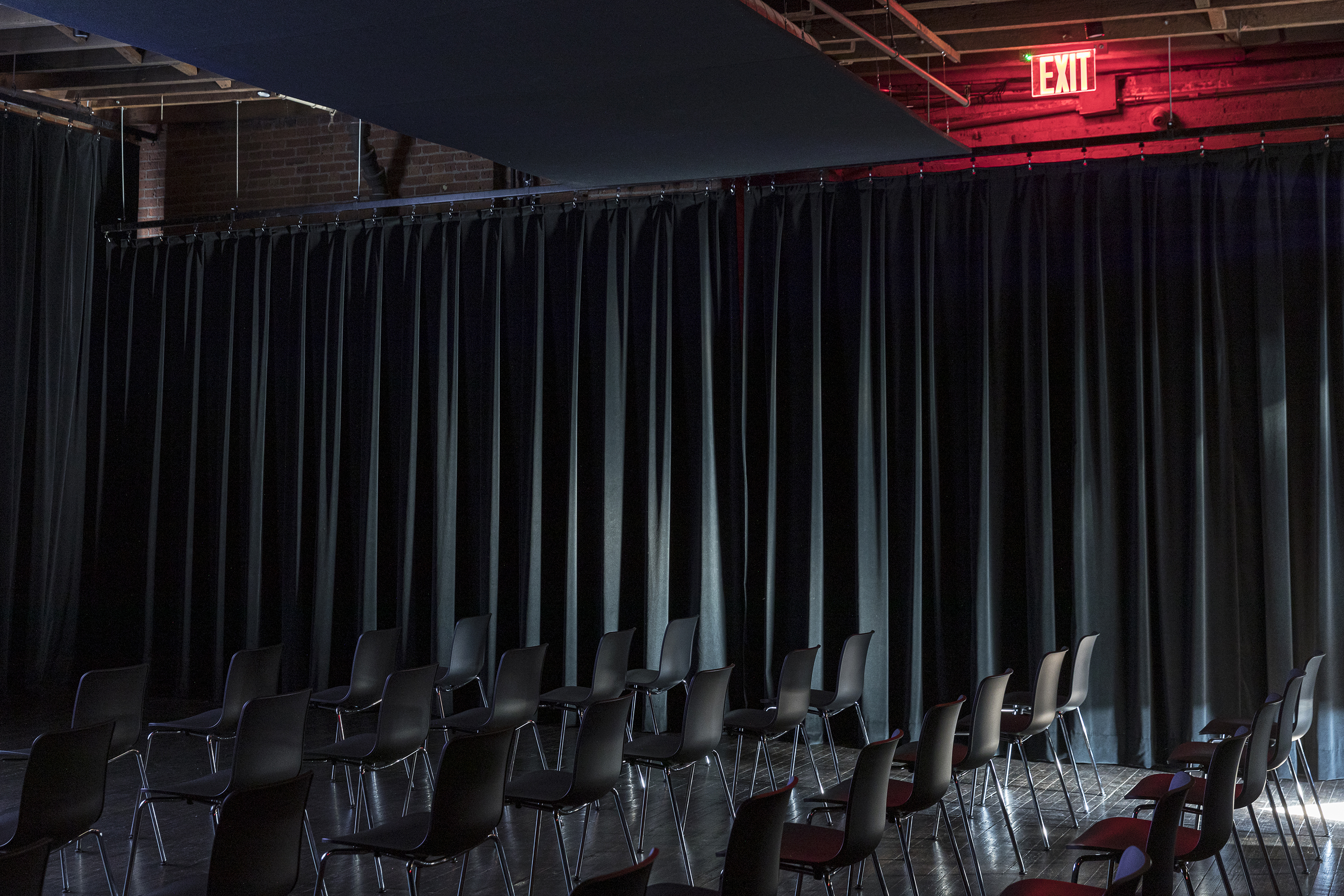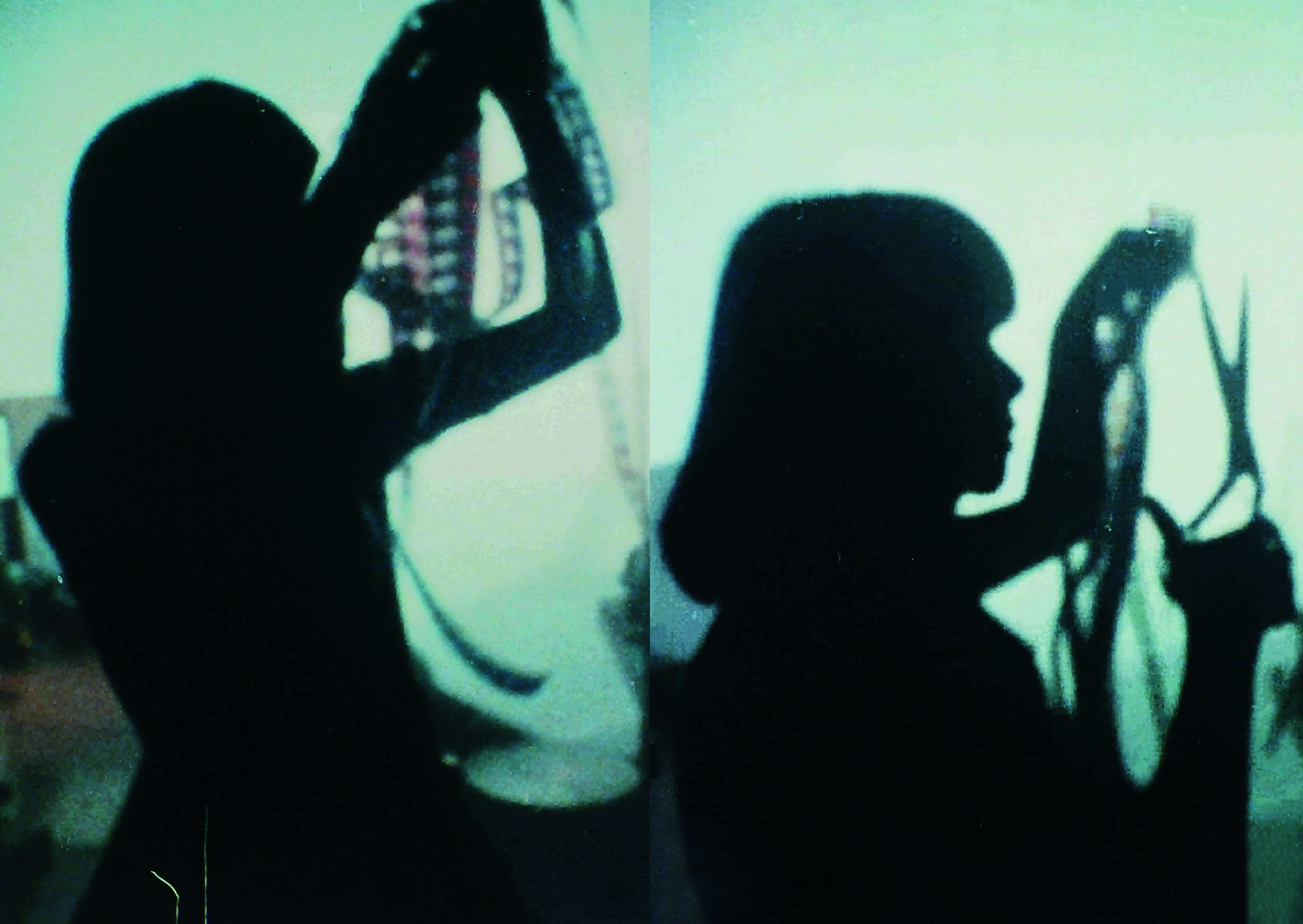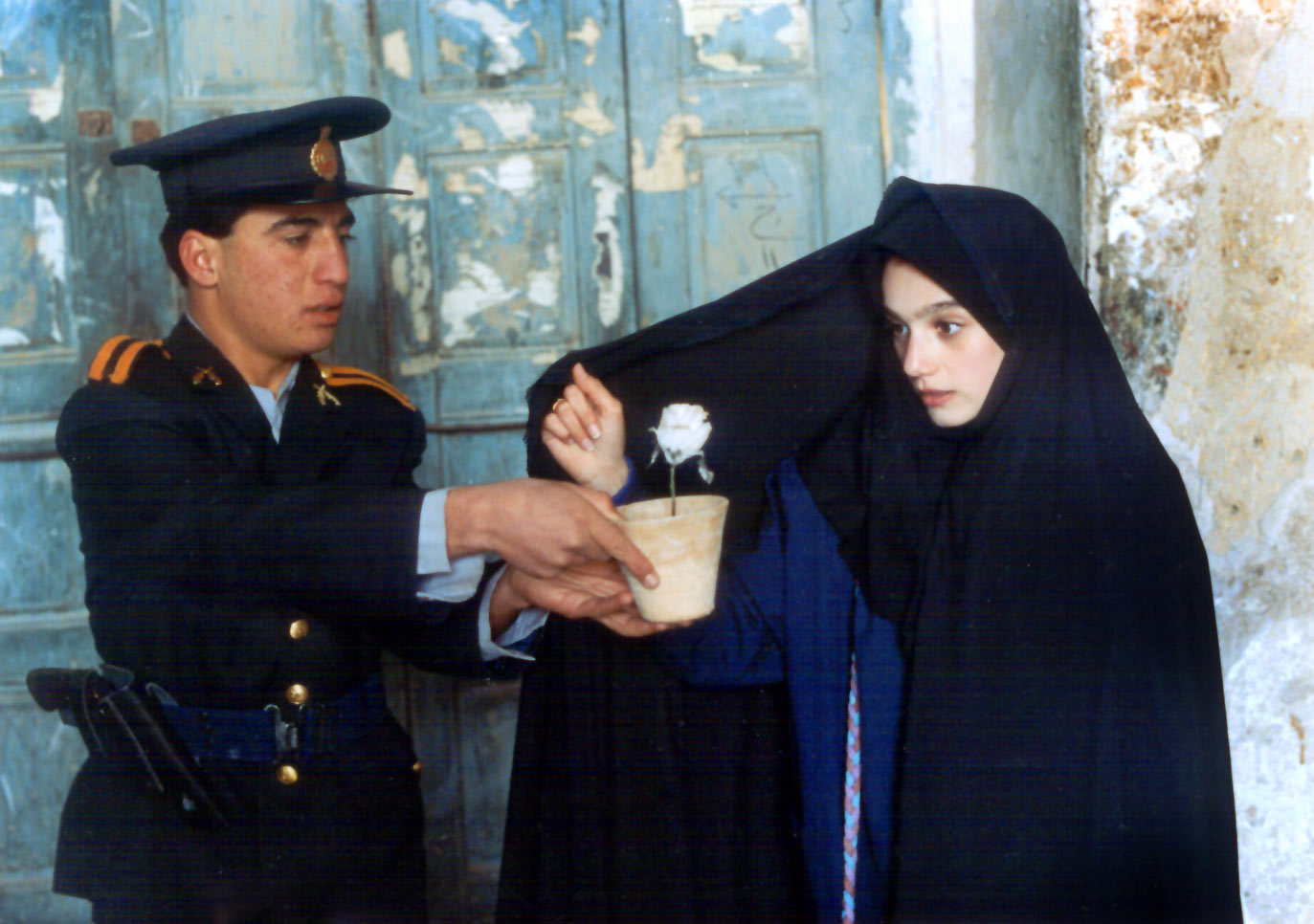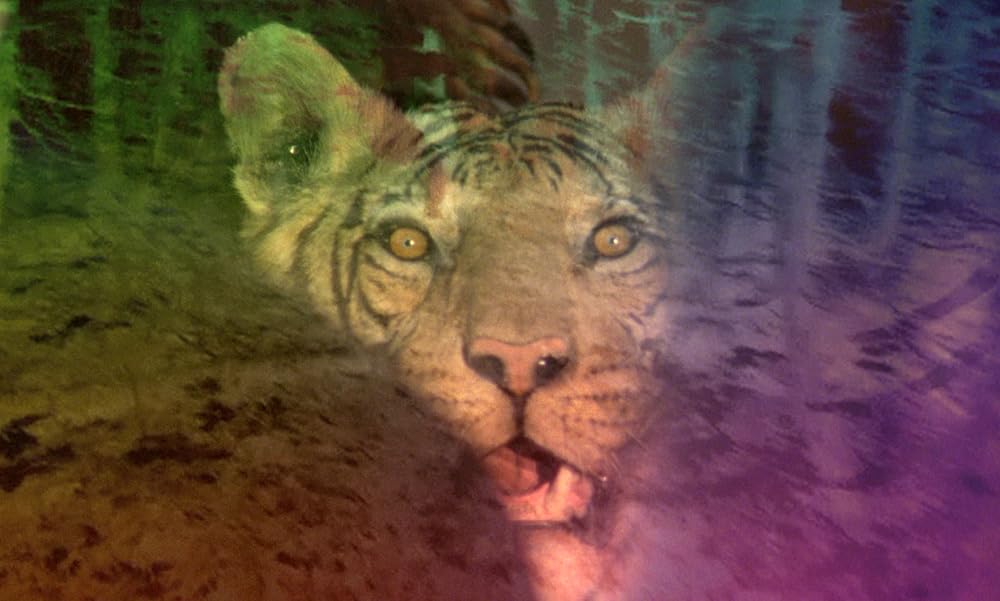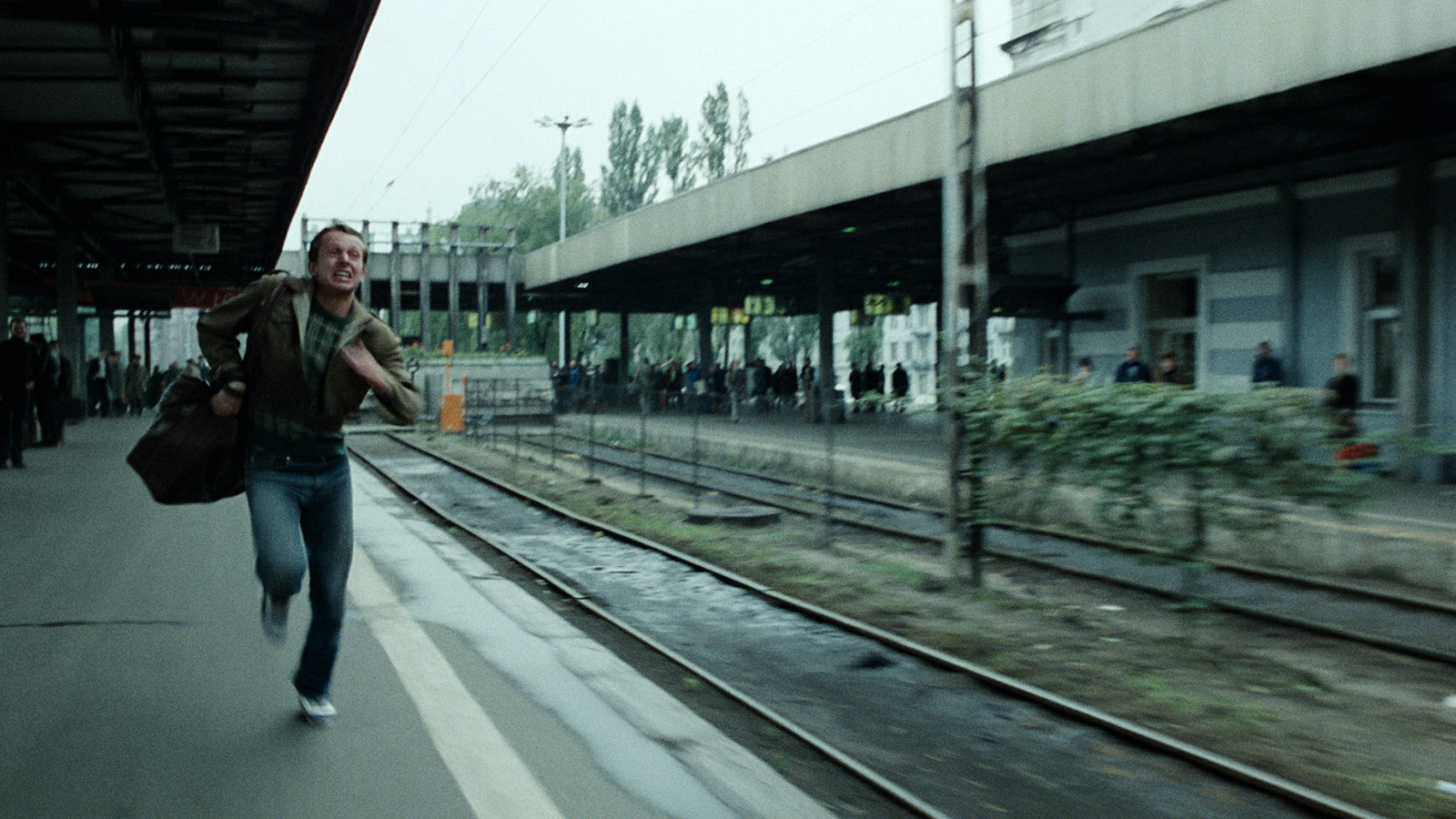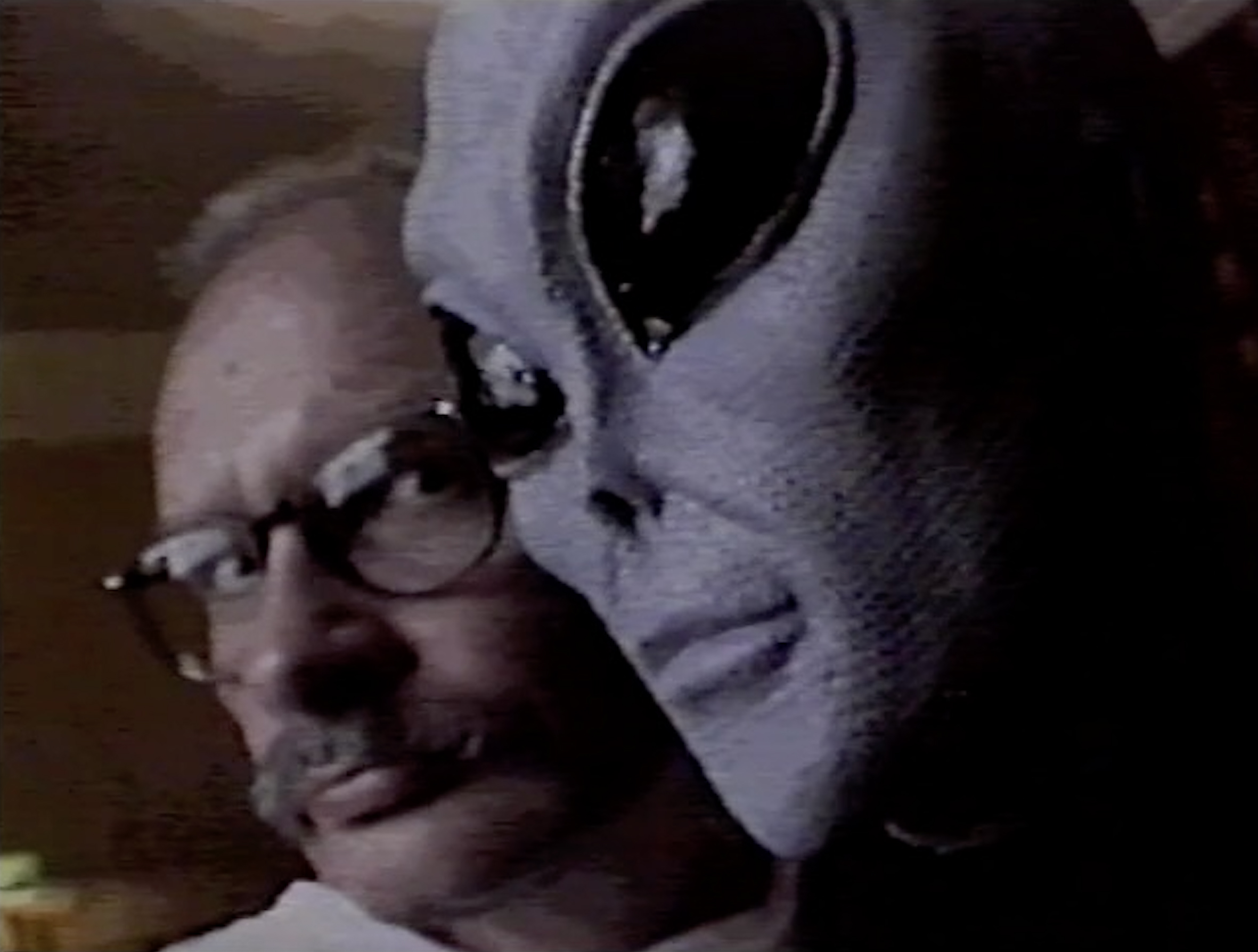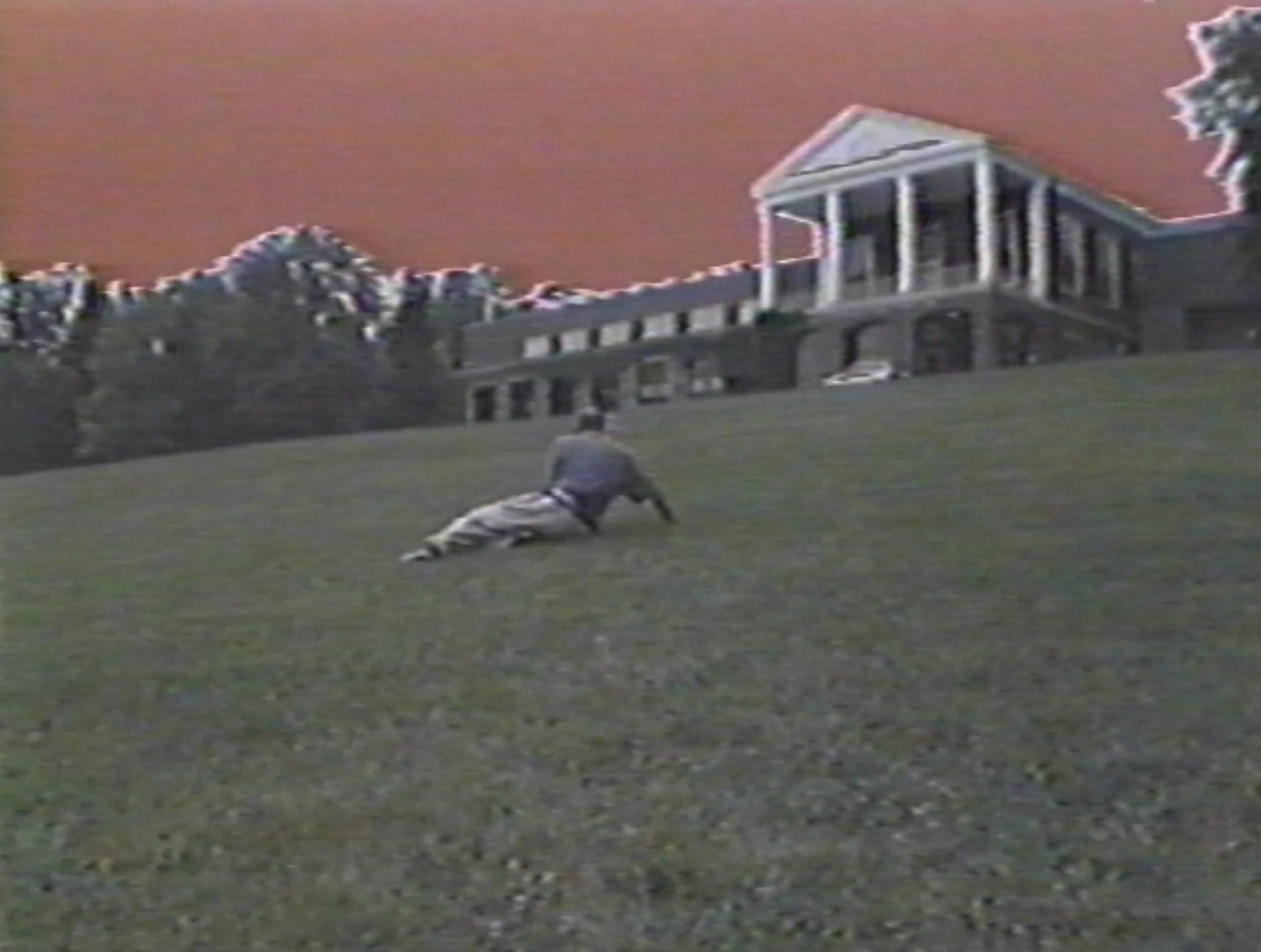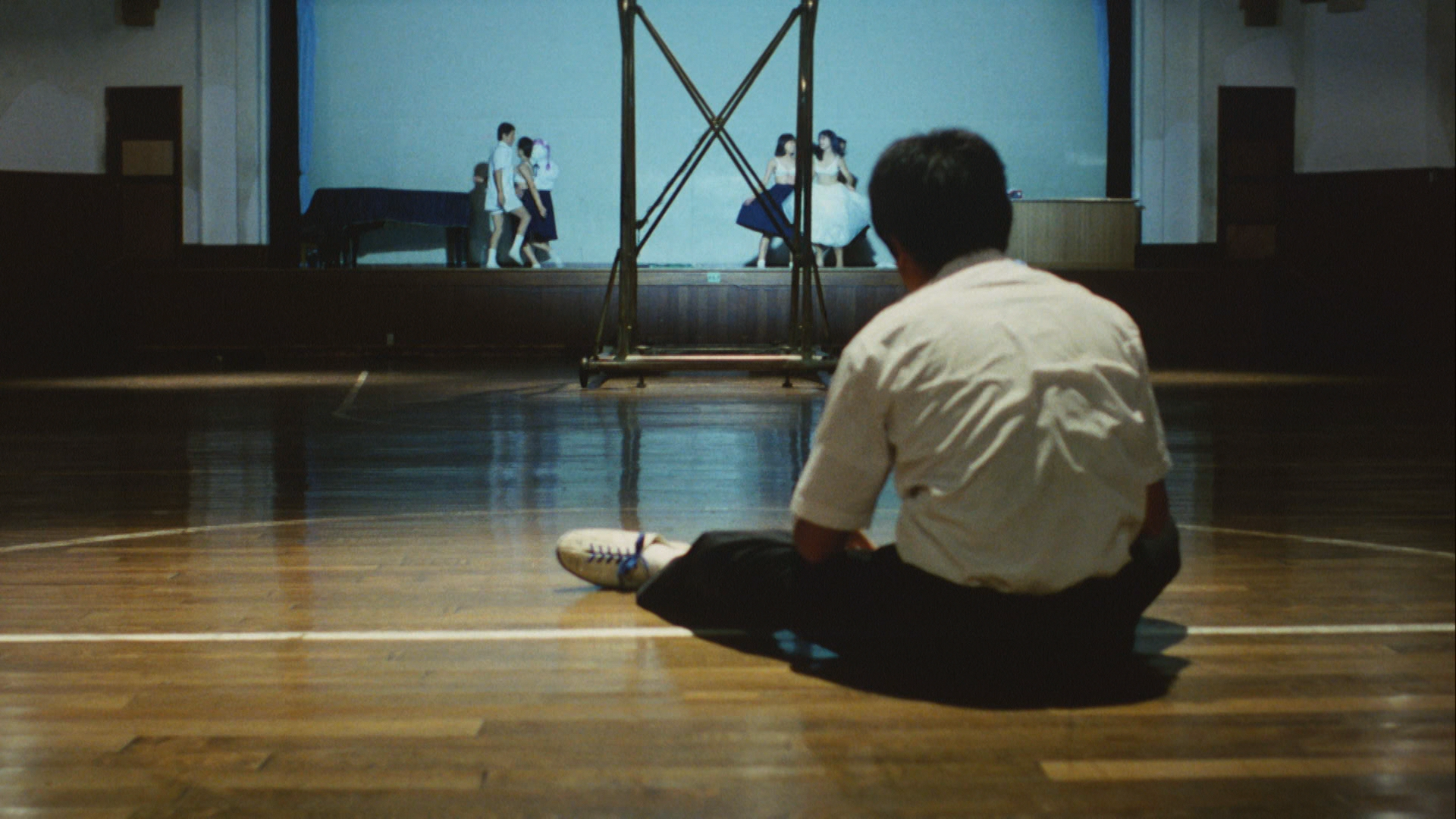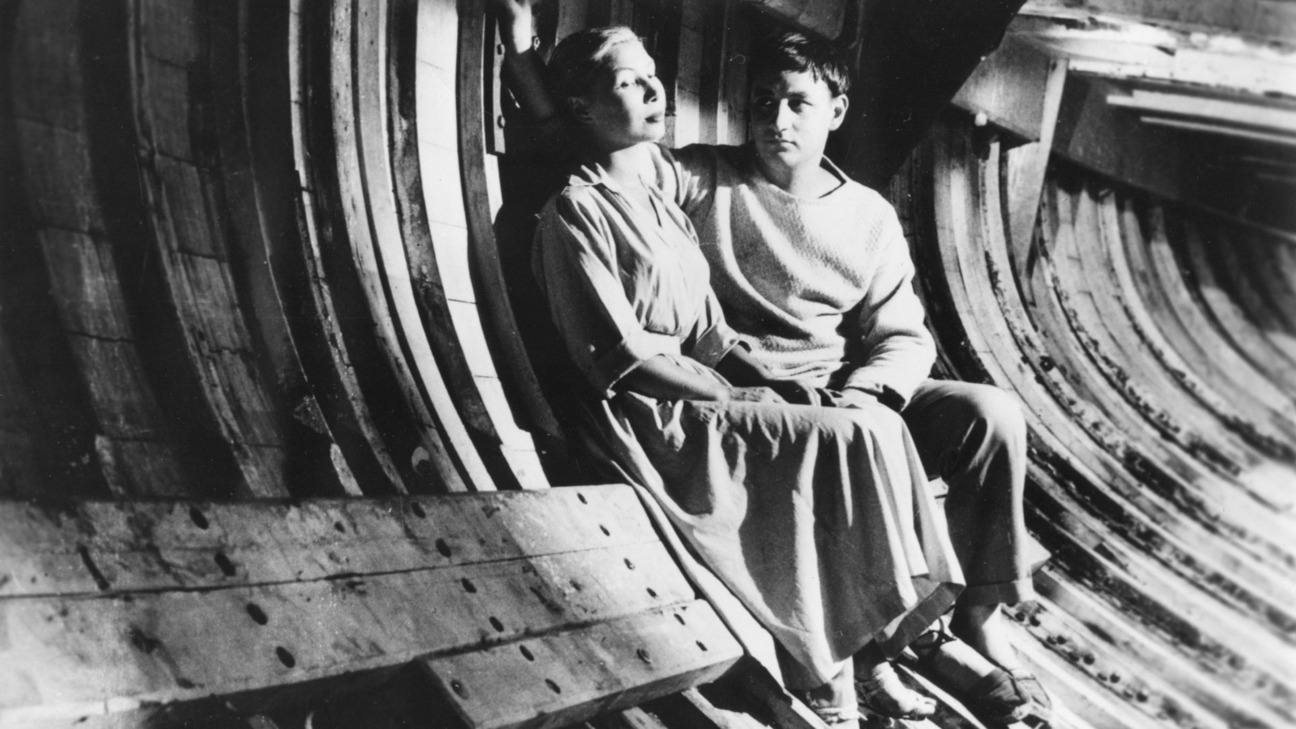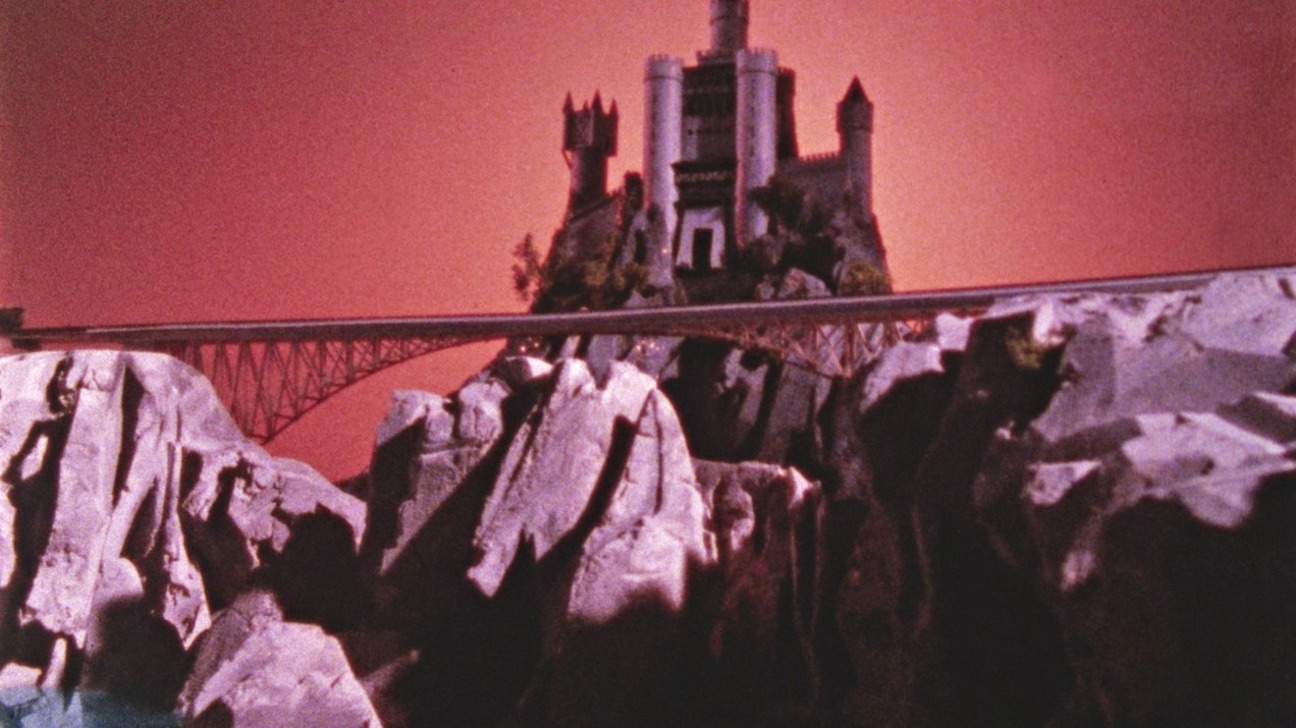Admission starts at $5
October 25, 2022, 7pm
Brooklyn 11205
USA
Please join us at e-flux Screening Room on Tuesday, October 25 at 7pm for Impending Catastrophe and Female Agency, a screening of films and videos by Peggy Ahwesh. The screening will be followed by a conversation with the filmmaker.
Over the course of her career, Peggy Ahwesh has produced one of the most diverse bodies of work in the field of American experimental film and video. Often mixing narrative and documentary styles and repurposing the archival imagery, Ahwesh has expanded the project of the American avant-garde film, reinforcing it with an exploration of cultural identity and the role of the subject. Ahwesh's works are resistant to cooptation by dominant media or advertising and produce alternative narratives of intersectional politics, feminism, and everyday life.
Ahwesh's works showcased in this program exenplify several techniques used by the artist from the early 1990s to the present, including found-footage appropriation, digital animation, and the usage of Pixelvision video. With these strategies, Ahwesh has developed a film practice that stresses on politically and socially relevant subject matter while being mindful of the pleasure of the audience. Her subtle and ironic dealing with charged subjects has made her work as highly entertaining as it is critical.
The screening is part of Revisiting Feminist Moving Image, a series at e-flux Screening Room aimed at revisiting the origins, contexts, developments, and impact of feminist video art and experimental cinema around the world from the 1960s through today.
Films
The Color of Love (1994, 10 minutes)
Ahwesh subjects an apparently found pornographic film to coloring, optical printing, and general fragmentation; the source material threatens to virtually collapse under the beautiful violence of her filmic treatment. What emerges is a portrait at once nostalgic and horrible: the degraded image, locked in symbiotic relation with an image of degradation.
The Vision Machine (1997, 20 minutes)
Here, Ahwesh's heterogeneous textual approach comes to the fore, as she juxtaposes narrative, faux documentary, comedic, and “serious” footage, and merges film, video, and Pixelvision. Suggestions and meanings accumulate: austere, theoretical text is interrupted by shots of women relating bawdy (sexist) jokes; classic R&B music plays while women stomp on records and pour alcohol on the floor. The Vision Machine is a fragmented inquiry into issues of gender, language, and representation.
The Star Eaters (2003, 24 minutes)
Set against a backdrop of Atlantic City's seedy casinos and dreary off-season hotels, The Star Eaters is a melancholy, non-linear portrait of a woman as she attempts to trace her memories and make sense of her life amidst the faded glamor of a seaside resort. Telling her story in voiceover, the woman drifts through real and remembered relationships that speak to risk-taking and transgression. Ahwesh continues to explore a mix of fictive and documentary styles, with the aim of producing work that she has called “narrative-like.”
She Puppet (2001, 15 minutes)
Re-editing footage collected from months of playing Tomb Raider, Ahwesh transforms the video game into a reflection on identity and mortality. Trading the rules of gaming for artmaking, she brings Tomb Raider's cinematic aesthetics to the foreground, and shirks the pre-programmed “mission” of its heroine, Lara Croft. Ahwesh acknowledges the intimate relationship between this fictional character and her player. Moving beyond her implicit feminist critique of the problematic female identity, she enlarges the dilemma of Croft's entrapment to that of the individual in an increasingly artificial world.
The Third Body (2007, 8 minutes)
An appropriated film, portraying the arrival of Adam and Eve to an exotic Eden, is intercut with appropriated videos of virtual reality demonstrations, among them a human hand shadowed by a computer-generated rendering, medical robots conducting a virtual surgery, and people dressed in bulky headgear navigating virtual spaces. As the title suggests, cyberspace adds to the Genesis legend a third possibility, a virtual existence that challenges natural and social definitions of gender and morality.
Warm Objects (2007, 6 minutes)
Warm Objects was produced in close collaboration with the engineering research center MIRTHE (Mid-InfraRed Technologies for Health and the Environment), an organization dedicated to the development of optical trace gas sensing systems. Utilizing MIRTHE's imaging technology, scenes of everyday incidents are transformed by infrared photography into glimpses of our world through an alien lens. Two insertions of on-screen text betray Ahwesh's ominous implications. The first is a meditation on Rudyard Kipling's oft-quoted “Truth is the first casualty of war,” while the second takes the form of a hastily crafted email, suggesting that its author has become withdrawn and pessimistic out of fear of some pending disaster. Warm Objects is a portrait of the world in uncertain and paranoid times.
Bethlehem (2009, 8 minutes)
“Working through my archive of accumulated video footage, I pretended it was found footage from anonymous sources. What began as a tribute to Bruce Conner of the period of Valse Triste and Take the 5:10 to Dreamland, with their deliberate pace and bittersweet memory of home, ended as a dedication to my father as I wound my way through miscellany with distance and another aim.” (Peggy Ahwesh)
The Falling Sky (2017, 9 minutes)
“Refashioning the intention of footage lifted from an online animated news outlet, The Falling Sky is a cautionary tale about human foibles increasingly out of alignment with the forces of nature. The bombardment of fragmentary information, discoveries, crises, gossip and opinion on a daily basis, forces we who are doomed to be ‘connected’ through technology through a slow drain of our subjectivity. The simple, hypnotic animations of the news from a YouTube database presents our collective prurient interests, fears and obsessions.” (Peggy Ahwesh)
About the series
Revisiting Feminist Moving Image is a screening series at e-flux Screening Room that revisits the origins, contexts, and developments of feminist video art and experimental cinema from the 1960s to the present. The screenings feature a number of internationally renowned feminist experimental filmmakers and video artists. Aware of the different pace of development of feminist discourse in various parts of the world, the screenings accompanied by conversations with moving-image artists, art historians, and curators aim to inspire dialogue between various movements and waves of feminist moving-image art and to spark discussions on (g)local and transnational practices.
Accessibility
–Two flights of stairs lead up to the building’s front entrance at 172 Classon Avenue.
–For elevator access, please RSVP to program@e-flux.com. The building has a freight elevator which leads into the e-flux office space. Entrance to the elevator is nearest to 180 Classon Ave (a garage door). We have a ramp for the steps within the space.
–e-flux has an ADA-compliant bathroom. There are no steps between the event space and this bathroom.
For more information, contact program@e-flux.com.






